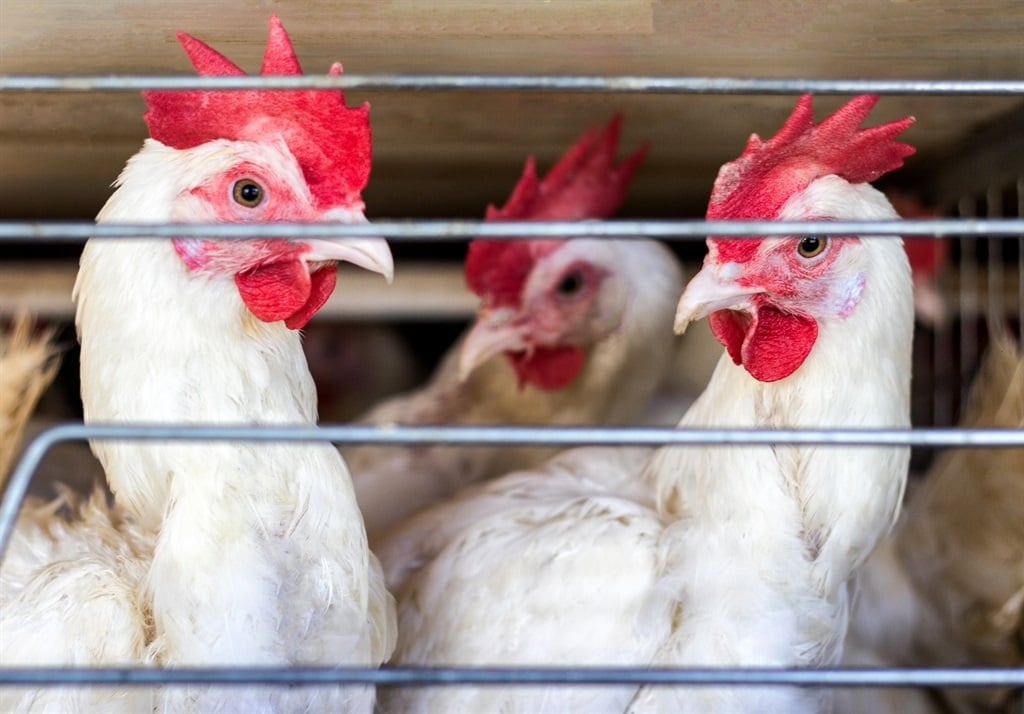
Dumping is described as international price discrimination, wherein a product is cheaper in the importing market than it is in the market that is exporting the said product. This practice is frowned upon, as exemplified by calls to curb dumping through measures such as tariffs or outright bans on certain imports. One asks themselves, when did cheap prices become a bad thing?
Dumping, as an example, would be Brazil or the EU (European Union) exporting to South Africa chickens that are cheaper than locally produced ones. This is an issue that has been problematic to local commercial chicken farmers, as shown in this statement released by an organisation representing the South African poultry industry.
READ: Avian flu: Poultry producer demands R92m for culled chickens
The general opposition to dumping is that it negatively impacts the local industry. Cheaper chicken from overseas will translate to less revenue for local producers. This has a negative influence on economic development and job creation in the poultry industry. The department of trade and industry had instituted tariffs on chicken imports before their lapsing and non-renewal, which drew the ire of the industry, as shown in the release from the SA Poultry Association.
From a consumer’s perspective, tariffs, which a priori increase the costs of products, are an injustice. Every tariff instituted by a state essentially punishes a citizen of that nation for exercising their liberty and choosing to buy a foreign product instead of a local one. In a voluntary transaction, no force is used, so ideally, no law should operate. When it does, it is arbitrary because it is premised not on an objective to harm an individual in that trade but other third parties.
READ: Fox in the Chicken coop
When a consumer buys chicken at a retailer, and they choose the foreign option (maybe because it is cheaper or the said person just likes foreign goods, being ‘bourgeois’ and all), the government should not punish them by instituting a tariff on the said chicken, making it more expensive than it would be without the tariff. The impact of that sale between a consumer and the retailer of foreign-imported chicken is not illegal or unjust in its instance. Thus, having a law (tariff) operate on it is an injustice.
Irrespective of the unregulated import of chicken leading to a decline in prosperity for local chicken farmers, it is still not just that tariffs be instituted on the product being sold.
The government of our country should not punish any citizen for exercising their freedom to choose any product. The local producers are not entitled to the patronage of South African citizens. They must earn it in the market. Therefore, the decision by the department of trade and industry to put a moratorium on the increase of tariffs for chicken imports is commendable. In a situation wherein food inflation is at scary high levels, any measure that increases the price of a staple such as chicken should be welcomed.
READ: SA mired in a cost of living crisis
The poultry industry in South Africa is not unique in its arguing for protection from its more efficient, or at times, subsidised foreign counterparts. Multiple local industries make it a part of business operation to ask for state protection. The usual objection to a substantive level of free trade (without tariffs or imports) is that the exporting countries are either subsidising these companies or also have tariffs.
Such objections, of course, centre on the producers of poultry, since consumers are not the ones decrying the infiltration of foreign chicken. How do we know this? Through the objective expressed preference of consumers for foreign chicken through their buying of the said chicken. If the exporting country has tariffs, it only means their citizens are forced to pay more for products. Therefore, that should not be an excuse to violate the freedom of choice inherent in the liberty of South Africans by artificially increasing the price of products through tariffs.
More important than any consequence of protectionism, as exemplified in tariffs, is that it violates the natural rights of citizens to make free choices. It is an attempt by government to socially engineer a populace to support certain businesses instead of others; a classic case of picking losers and winners.
Since trade policy is ever-changing, it cannot be guaranteed that the reprieve from tariffs will last forever. Yet, while it is still here, it must be shown how this situation in chicken ought to be the norm in every product or service. It ought to be taken a step further and instead of a moratorium, the tariffs should be scrapped altogether. The benefits anticipated by lowering or eliminating tariffs (lower prices) exist in every product category that has tariffs on them.
READ: Delays on tariff decisions hamper government’s localisation project and tie up billions
Therefore, I implore us as a country to seriously consider the reality of true free trade. Even if we are alone in this endeavour internationally, the benefits thereof far outweigh the drawbacks of such a policy. Most especially, free trade is in line with a society committed to justice, irrespective of the results thereof.
Zakhele Mthembu, BA law LLB (Wits), is a legal researcher at the Free Market Foundation.




 Publications
Publications
 Partners
Partners









